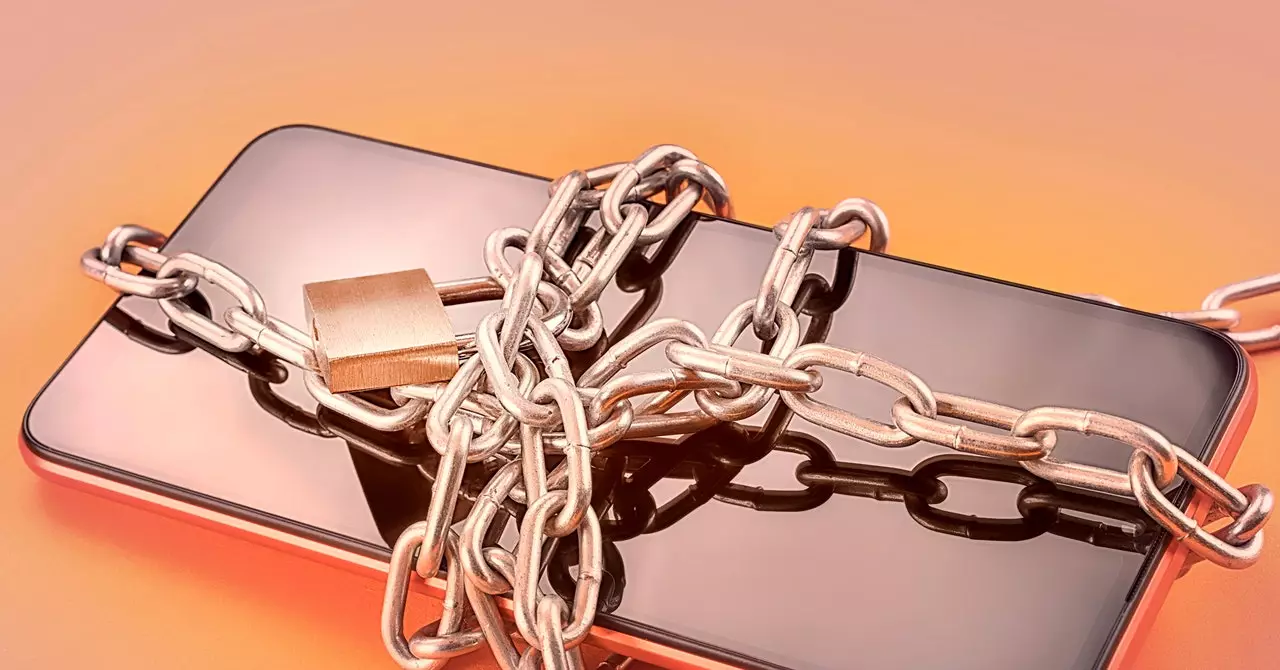The ongoing debate surrounding phone unlocking policies in the United States has reached new heights as major telecommunications providers, T-Mobile and AT&T, voice their strong opposition to a proposed regulation by the Federal Communications Commission (FCC) that would require service providers to unlock handsets within 60 days of activation. The carriers contend that such a policy would ultimately disadvantage consumers by leading to higher prices on phones, especially on subsidized models. This standoff between industry giants and regulatory bodies raises important questions about consumer rights, market competition, and the future of the telecommunications landscape in the U.S.
The Complex Landscape of Phone Subsidization
At the heart of the carriers’ argument is the model of subsidizing phone costs. T-Mobile asserts that locking phones to their network allows them to offer cheaper devices to customers while recouping costs over time through service agreements. They claim that without locking policies, their ability to provide significant discounts on devices would vanish. For many consumers, particularly those on prepaid plans, the price reductions for high-demand handsets like the iPhone 12 or various Samsung models constitute a crucial financial incentive to choose one carrier over another.
However, consumer advocates argue that by keeping devices locked to a specific network, carriers are stifling competition and limiting consumers’ choices. The ability to easily switch providers—especially as service quality and pricing conditions change—should be fundamental rights of ownership over a purchased device. Under the current regime, customers who buy phones often feel trapped into prolonged contracts simply to reap the benefits of a subsidized device, leading to a complex web of consumer dissatisfaction.
In response to consumer advocacy groups urging for a more favorable unlocking policy, the FCC proposed a rule that would mandate all carriers to unlock devices 60 days post-activation. This move comes against a backdrop of increasing scrutiny placed upon certain carriers, particularly T-Mobile, which has faced criticism for lengthening its phone lock-in periods significantly. The FCC’s inclination to impose a standard unlocking timeframe aims to enhance consumer choices, potentially lowering their overall costs.
FCC Chairwoman Jessica Rosenworcel encapsulated this regulatory spirit by emphasizing the importance of consumer freedom: if individuals purchase a phone outright, they ought to be able to utilize it with any service provider of their choosing. The potential for monopolistic tendencies—where consumers are tethered to a single carrier, often at unfavorable terms—makes the FCC’s proposal seem imperative from a consumer rights perspective.
Should the FCC’s proposal be enacted, T-Mobile has estimated that it might have to cut subsidies by anywhere between 40% to 70%, potentially leaving prepaid customers with fewer options. The irony of this situation is that limiting the range of discounted handsets may actually harm the very consumers that the unlocking policy was designed to protect. Advocates of the rule argue that while there might be short-term repercussions, the long-term benefits of fostering competition and consumer freedom would outweigh the losses.
This tension underscores the broader dynamics at play in the telecommunications ecosystem. A landscape in which carriers can lock devices for extended periods may resemble a monopolistic approach that ultimately harms innovation and service quality. Conversely, a landscape that prioritizes consumer rights could eventually lead to more competitive pricing structures as carriers vie for customer loyalty.
A Balancing Act: Finding Common Ground
The key to resolving this contentious issue lies in finding a balance that satisfies both consumer advocates and telecommunications providers. One possible compromise could be the introduction of tiered unlocking policies, where different rules apply depending on the nature of the plan chosen by the consumer.
For instance, a model where prepaid customers are allowed to unlock devices more quickly could promote greater competition within that market segment, while still giving providers the flexibility to offer more enticing deals to postpaid customers. This middle ground could alleviate some of the fears that T-Mobile and AT&T have regarding the viability of subsidization, while also enhancing consumer choice and empowerment.
While T-Mobile and AT&T’s concerns about the proposed unlocking policy are important to consider, the broader implications of consumer rights and market competition should not be overlooked. As the regulatory process unfolds, it will be crucial to keep in mind the ultimate goal: to ensure that consumers have both choice and access to affordable technology without unnecessary barriers imposed by service providers.

